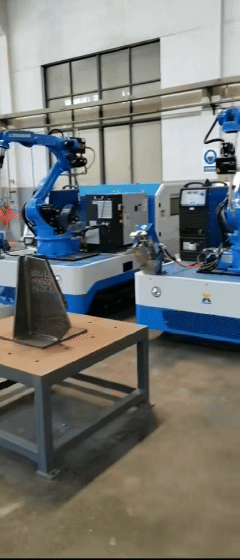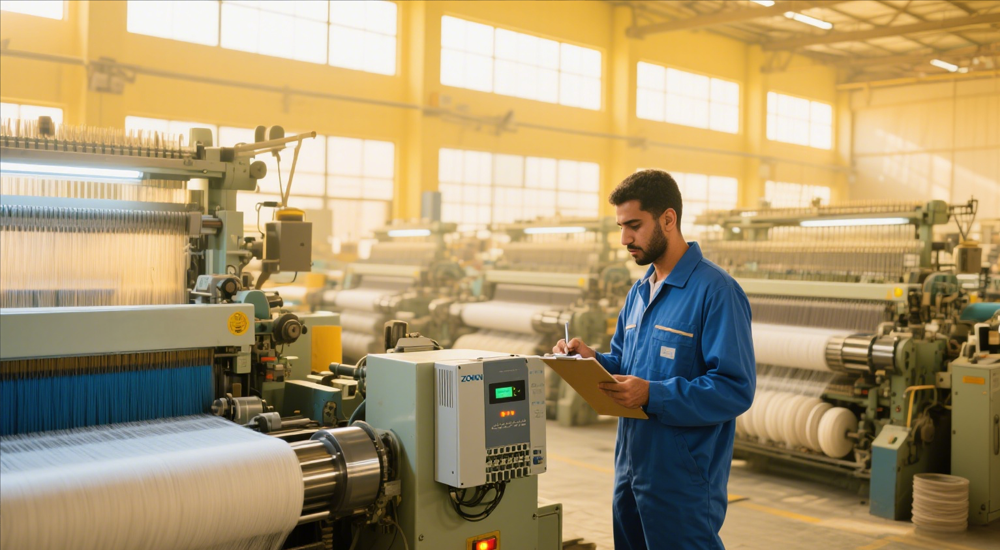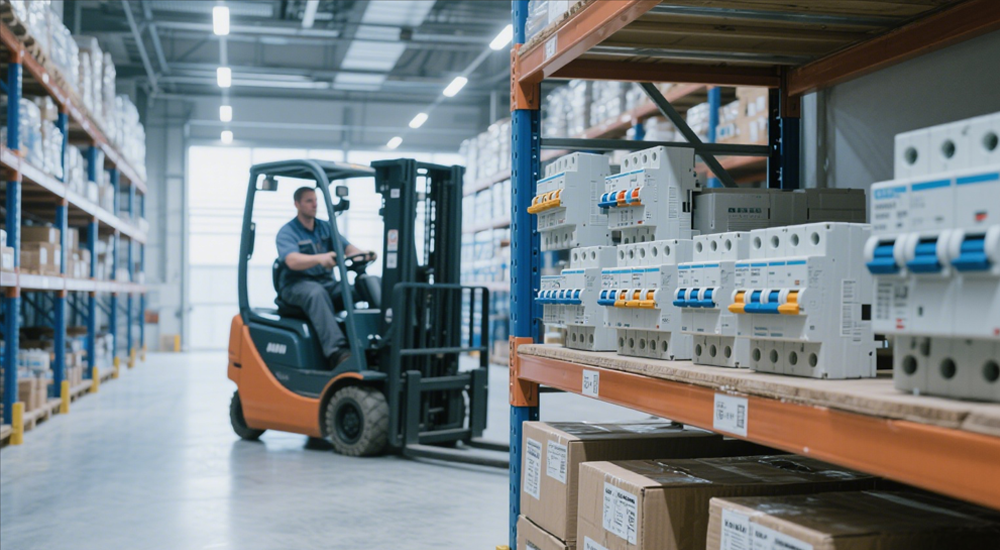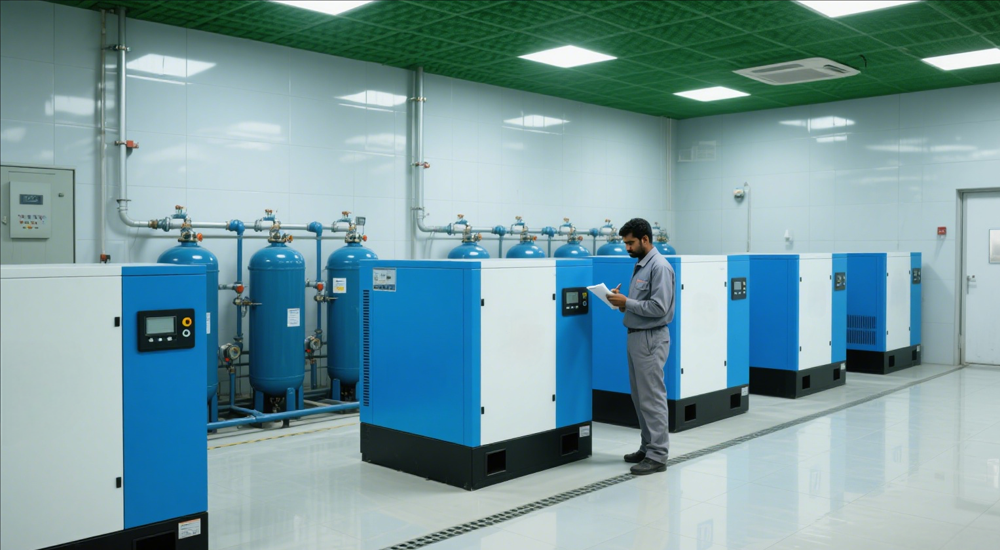- CN
- EN
#CASES ·2025-08-27
Case Study: 
· Functional Needs:
o Material Handling: Transport heavy engine components (up to 100 kg) and small brake parts across assembly lines.
o Welding: Precision arc welding for chassis joints and spot welding for electrical components.
o Painting: Uniform coating application on aluminum alloy brake calipers and body panels.
· Technical Demands:
o Accuracy: Welding tolerance ±0.1 mm, painting thickness consistency ±0.2 mm.
o Durability: 24/7 operation in high-temperature (40°C) and dusty environments.
· Supplier Screening:
o Identified 32 qualified suppliers from hundreds of China joint robot manufacturers to conduct a initial evaluation of production capacity, scalability, and compliance with automotive-grade standards.
o Selected 6 manufacturers providing automation solutions for customer’s final decision.
· Factory Audits:
o Conducted on-site audits at shortlisted facilities (e.g., EFORT, JAKA,ESTUN,etc.) to verify:
o Produced detailed audit reports highlighting difference of 6 suppliers’ workflow efficiency.
· Technical Collaboration:
o Co-developed customized welding paths for chassis components using client’s CAD drawings.
o Resolved compatibility issues between robot controllers and client’s legacy AGV systems.
· Supplier Contract:
o Conducted factory audits at facilities to verify production capacity, quality control systems, and compliance with automotive-grade standards.
o Reviewed Joint Robot certifications.
· Production Oversight:
o Installed IoT sensors on assembly lines to monitor welding torque calibration and paint nozzle pressure in real time.
o Performed 6 mid-production inspections to align assembly accuracy with client specifications.
· Acceptance Support:
o Coordinated 3-day validation tests at the client’s Brazilian facility, including:
§ Weld strength testing (tensile force ≥ 350Mpa).
§ Paint adhesion checks using cross-cut tape tests.
o Trained 20 technicians on robotic programming and emergency shutdown protocols.
· Operational Efficiency:
o Welding throughput increased by 35% (10.5 → 14.2 units/hour), reducing bottlenecks in chassis production.
o Painting cycle time shortened by 28% via optimized spray patterns and reduced rework.
· Quality Assurance:
o Weld defect rate dropped from 6.1% to 1.5%, meeting OEM durability standards.
o Paint uniformity improved by 19%, eliminating rework costs.
· Cost Savings:
o Energy consumption reduced by 25% through optimized motion paths.
o Maintenance costs cut by 40% with predictive wear monitoring systems.
Post-Project: Client achieved full automation in critical workflows, enabling a 20% expansion of production capacity and price advantages in Brazil’s automobile market.

2023-01-09

2023-01-09

2023-01-09